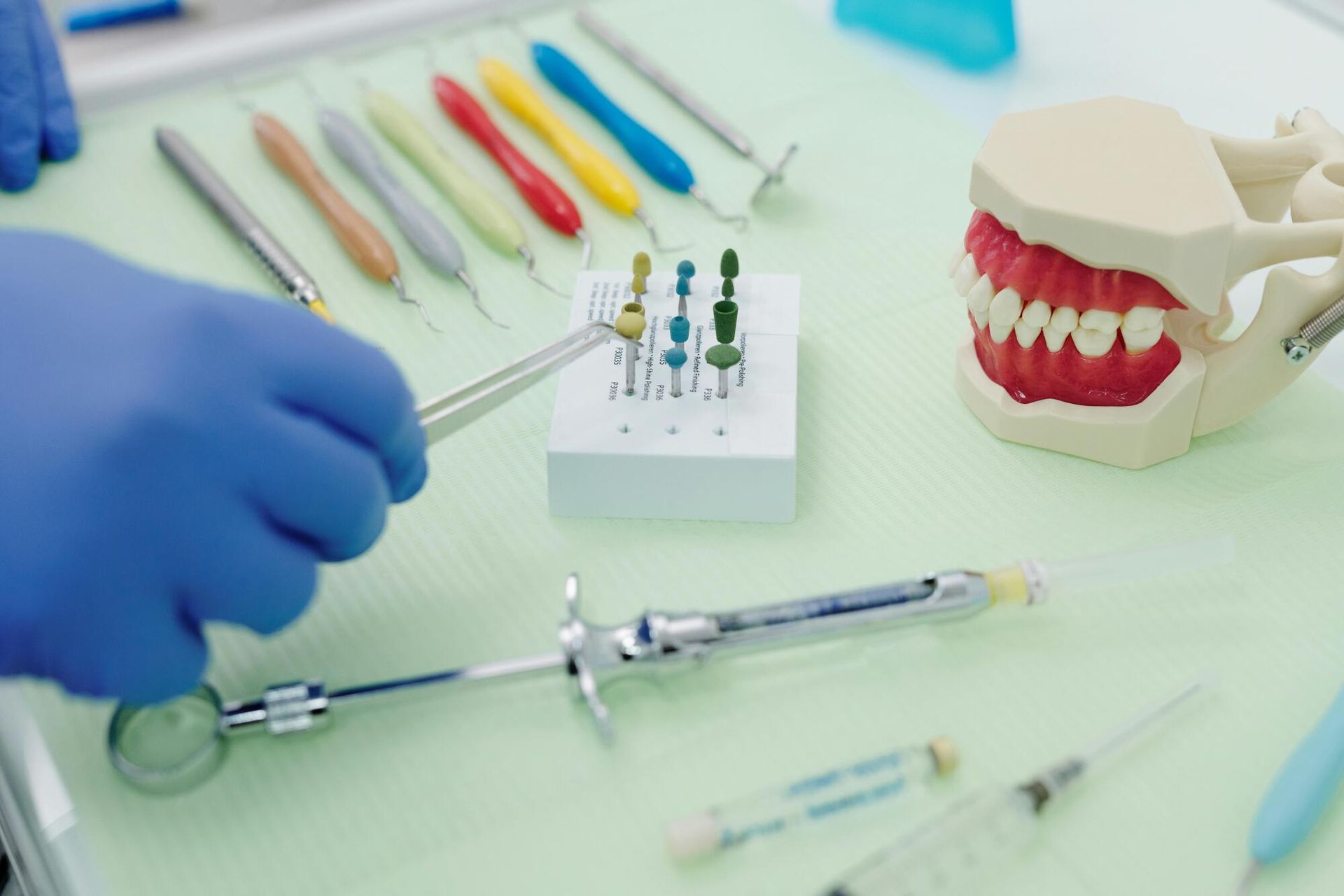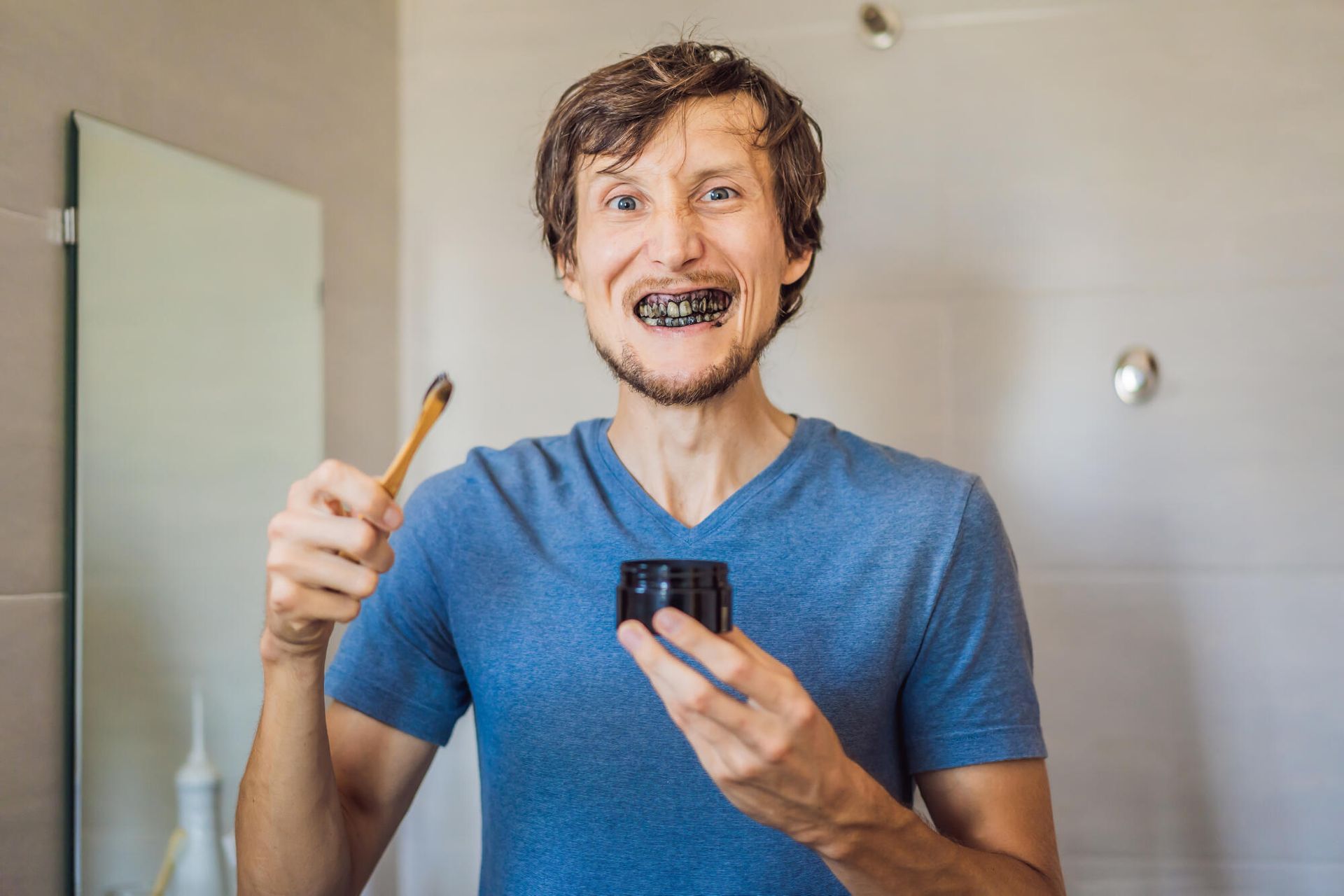Top 5 Common Dental Emergencies and How to Handle Them
Natural human teeth are incredible; if cared for properly, they can last a lifetime. Indeed, as Smithsonian Magazine explains, some of the oldest teeth discovered date back two million years ago!
However, dental emergencies can put you at risk of losing your pearly whites prematurely. Fortunately, in many cases, emergency dentists can still do something to preserve your natural teeth and keep them in place.
The key to preserving your natural pearly whites is to be aware of the situations requiring dental emergency care. If you know when you need emergency dental treatment, you can take the appropriate steps to get it done immediately.
To that end, the team at Dr. Julio C. Rosado & Associates dental office in Miami, FL, put together this guide on the most common dental emergencies. We will also share insights in this article on what to do and how to handle them. So please read on.
1. Knocked-Out Tooth
Also called an avulsed tooth, a knocked-out tooth has been completely torn off its socket. In these cases, the entire tooth structure often falls out, from the crown (the visible part) to its roots (the lowest part that anchors the tooth to the jawbone). It may come out in one piece or break into several pieces.
A knocked-out tooth often occurs due to facial or oral trauma. Fall incidents, sports injuries, motor vehicle crashes, and violence are some of the most common culprits.
What to Do With a Knocked-Out Tooth
As a National Library of Medicine article points out, successfully replanting a knocked-out tooth is possible, provided a dentist does it within 30 minutes. After this period, the tooth's survival rate drops, and irreversible damage can occur within 30 to 60 minutes.
So, immediately after experiencing tooth avulsion, follow these steps to increase your chances of being able to save your tooth:
- Pick the tooth up from its crown with a clean towel
- Avoid touching the tooth root
- If the tooth is dirty, gently wash it with plain water
- Reinsert the tooth in its socket and keep it in place by gently biting down on it
If you can't put the tooth back or it doesn't stay in place, store it in a jar of saliva or milk to help keep it moist. Then, conduct an online search for "emergency dentist near me."
If you live in Miami, FL, the dental office of Dr. Julio C. Rosado & Associates can help. Please call us immediately to inform us of your dental emergency. Then, head to our office at 8763 S.W. 24th Street, at the northwest corner of Coral Way and 87th Ave.
2. Broken or Chipped Tooth
The enamel, the outermost protective layer of the tooth, is the hardest substance in the body, but as MSDManuals.com notes, it has "little ability to repair itself." So, once it becomes damaged, professional intervention is necessary.
The tooth (and its enamel) can sustain damage through breakage or chipping. Such problems can result from the same things that can knock a tooth out. However, you may also experience these issues by biting down on something hard (e.g., a piece of ice or when snacking on nuts).
What to Do if a Tooth Breaks or Chips
While a broken or chipped tooth isn't as time-sensitive as a knocked-out tooth, it's still best to seek urgent dental services. A good enough reason is that the damage exposes the tooth to more problems, such as the harmful bacteria in the mouth. When these "germs" invade the tooth, they can make it more prone to decay.
So, please head to the closest emergency dentist as soon as possible. Bring all the tooth fragments you can find, as the oral healthcare professional may still be able to "glue" them back together. If this isn't possible, don't worry; your dentist can still fix your smile with other restorative and cosmetic dentistry procedures, such as dental bonding or veneers.
3. Tooth Displacement
Also called "tooth luxation," tooth displacement occurs when a tooth moves from its original place. The gums still hold it, but you may notice that the tooth has become angled or loose. There may also be no visible signs, but the area surrounding the affected tooth may feel tender.
The same culprits behind tooth avulsion, breakage, and chipping can cause tooth luxation. Luxation can affect the tissues, ligaments, bone, nerves, and blood supply supporting the tooth.
What to Do if You Have a Luxated Tooth
It's advisable to seek the help of an emergency dentist to get your luxated tooth checked and treated immediately. Please don't hesitate to call the dental office of Dr. Julio C. Rosado & Associates so we can provide you with the emergency dental care you need ASAP.
4. Loose or Displaced Restoration
Dental restorations, such as fillings and crowns, can last many years if properly cared for. However, they may fall out due to:
- Facial or dental trauma caused by accidents like falls or motor vehicle crashes
- Biting down on something hard
- Excessive grinding of the teeth
If you've lost your dental fillings or your crowns have come loose, please see an emergency dentist for new restorations. The sooner you do, the sooner you can protect your teeth from further damage and recover and maintain your smile.
5. Severe Symptoms
If you experience any of these symptoms, please visit an emergency dentist ASAP:
- Severe pain
- Excessive gum swelling
- Persistent gum bleeding
- Signs of oral infection, such as pus, abnormal discharge, and fever
The above symptoms may occur due to severe but "hidden" tooth decay or dental abscesses. An emergency dentist can provide immediate dental relief and treatment for these painful oral problems.
Emergency Dentists to the Rescue
Getting a tooth knocked out, chipped, broken, or luxated or having a loose or lost restoration are among the most common dental emergencies. Luckily, emergency dentists can help by providing immediate, quality dental care.
If you or a loved one is facing a dental emergency in Miami, FL, the dental office of Dr. Julio C. Rosado & Associates is here to help. We've been serving the community for over 30 years.
Please don't hesitate to contact us today so we can help you recover your healthy, beautiful smile.










